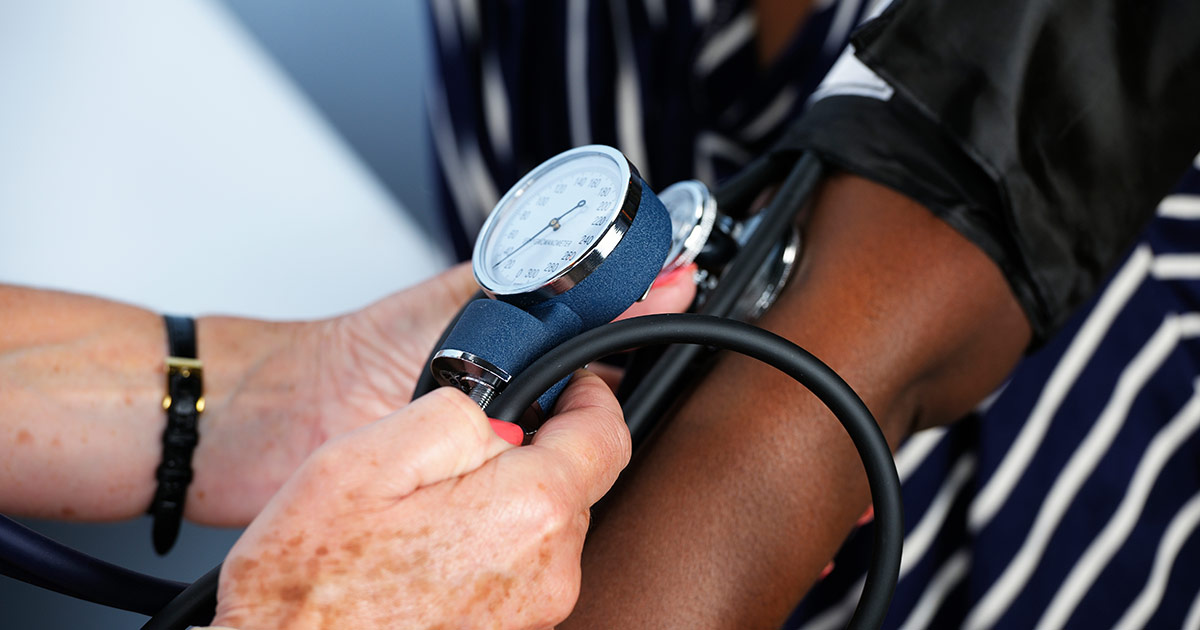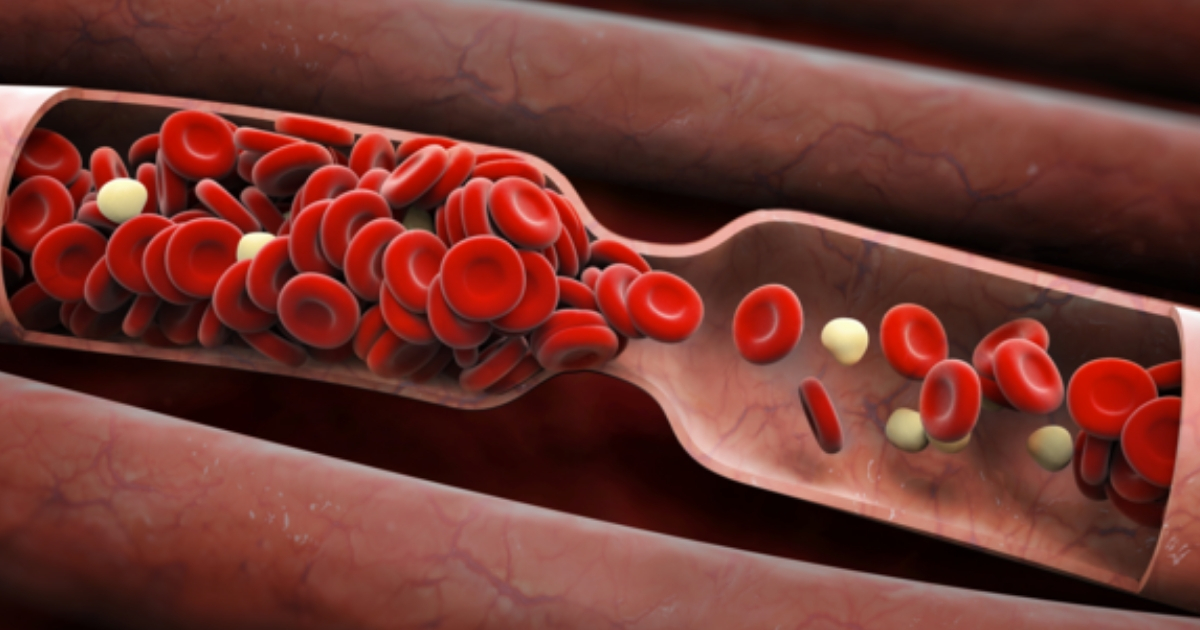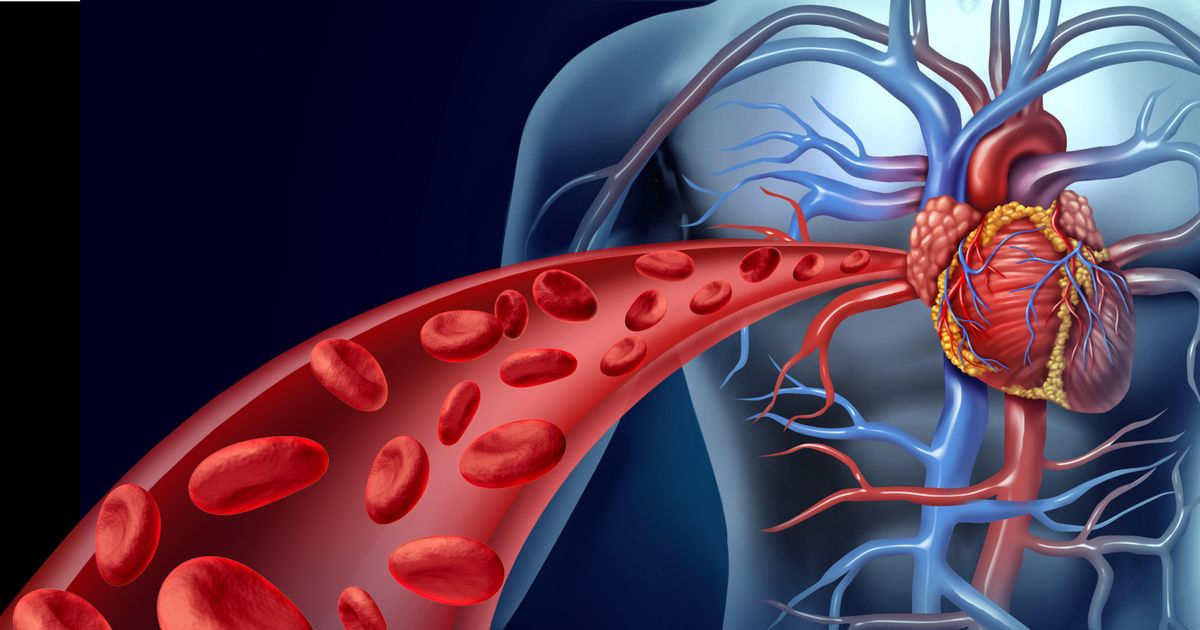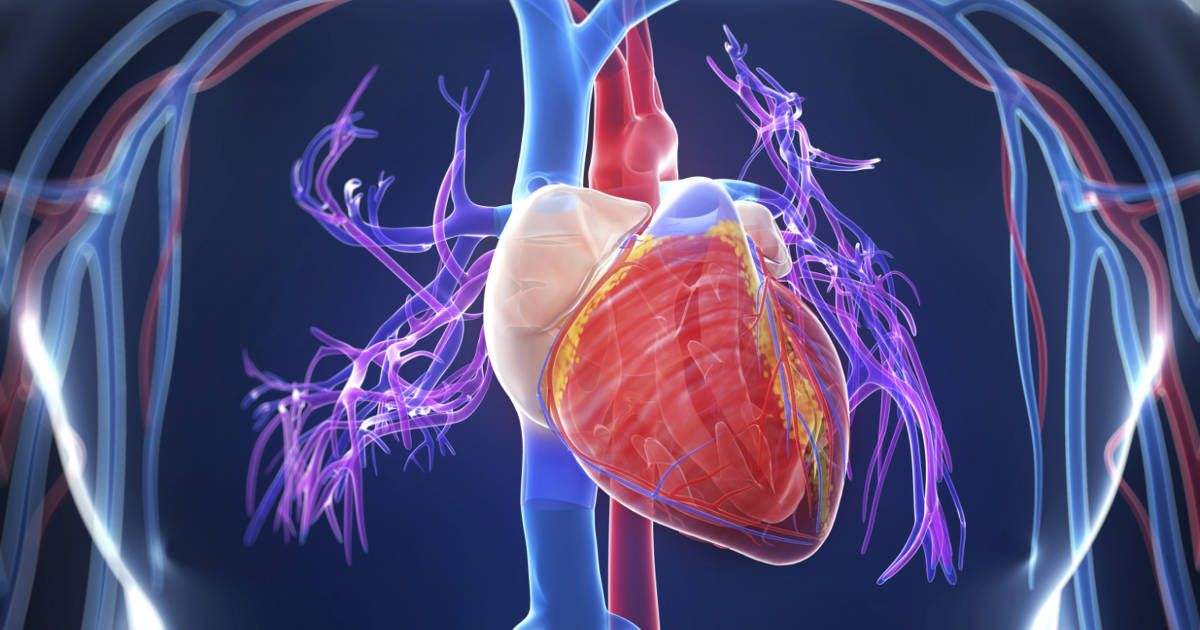Causes And Symptoms Of Pulmonary Hypertension
Pulmonary hypertension is a life-threatening condition characterized by high blood pressure in the arteries leading to the lungs and heart. Unlike regular hypertension or high blood pressure, pulmonary hypertension occurs when the arteries in the lungs become blocked or narrow, making it harder for the heart to pump blood through them. This raises blood pressure in the lungs and causes the heart to weaken, which may eventually lead to heart failure. Here are the symptoms and causes to watch out for.
Causes

Pulmonary hypertension is caused by a rise in blood pressure due to changes in cells lining the pulmonary arteries, which causes artery walls to become thick and stiff. In some cases, excess tissues may form, making blood vessels tight and inflamed. The right ventricle of the heart is responsible for pumping blood to the lungs via the pulmonary artery. When this becomes clogged, the heart has to work extra hard to transport oxygen and blood to the lungs, which weakens the heart and raises blood pressure in the lungs.
Idiopathic Pulmonary Hypertension

Sometimes pulmonary hypertension occurs for no apparent reason. Idiopathic pulmonary hypertension is the term used to describe the development of pulmonary hypertension when no underlying illnesses are causing it. Genetics and lifestyle factors such as diet and exercise habits may play a role in pulmonary hypertension. Eating lots of fruits and vegetables that are high in antioxidants may help reduce inflammation associated with the narrowing or blocking of the arteries. Antioxidants also support cardiovascular disease to reduce the risk of heart failure.
Conditions That May Cause Pulmonary Hypertension

An underlying condition sometimes causes pulmonary hypertension. Examples may include sleep apnea, a heart defect from birth, congestive heart failure, HIV, blood clots in the lungs, and cocaine or methamphetamine illegal drug use. Autoimmune conditions such as lupus, rheumatoid arthritis, and scleroderma can also cause this condition, as well as liver diseases such as cirrhosis of the liver and lung disease such as chronic bronchitis, pulmonary fibrosis, and emphysema.
Risk Factors

The risk of developing idiopathic pulmonary hypertension is higher in younger adults. It is also more common in people who are overweight or have a family history of the disease. Illegal drug use and certain appetite-suppressant medications may increase the risk of developing the disease. Being diagnosed with an autoimmune disease, liver disease or lung disease also increases the risk of pulmonary hypertension. Exercise is especially beneficial for supporting heart health and antioxidants from fruits and vegetables may help reduce inflammation in the blood vessels, which may minimize the risk of pulmonary hypertension from developing.
Symptoms

The primary symptom of pulmonary hypertension is shortness of breath or trouble breathing. This usually occurs while the person affected is engaging in activities such as walking, going up steps, or exercising. Other symptoms may include ankle swelling, chest pain, fatigue, and fainting. These symptoms may start off slowly and become progressively worse as the condition matures. Smoking may further complicate the disease as it causes lung inflammation and breathing problems as well.
Eisenmenger Syndrome

Pulmonary hypertension may be due to a type of congenital heart disease known as Eisenmenger syndrome. The condition causes a ventricular septal defect, which is a large hole in the heart located between the two lower ventricles. The hole causes an abnormal circulation of blood in the heart in which red blood carrying oxygen mixes with blue blood carrying a low amount of oxygen. Instead of being transported to the rest of the body, the blood returns to the lungs, causing high blood pressure and an increased risk of blood clots.
Pulmonary Hypertension Groups

Pulmonary hypertension is divided into five groups depending on the cause. Group one, or idiopathic pulmonary hypertension, may be caused by a genetic mutation, certain prescription drugs, or heart abnormalities at birth. Group two is caused by left-sided heart disease. Lung disease, sleep apnea, and emphysema cause Group three. Group four is caused by chronic blood clots. Group five is caused by blood disorders, metabolic disorders, sarcoidosis and other conditions affecting the body's organs, and tumors pressing on pulmonary arteries.
